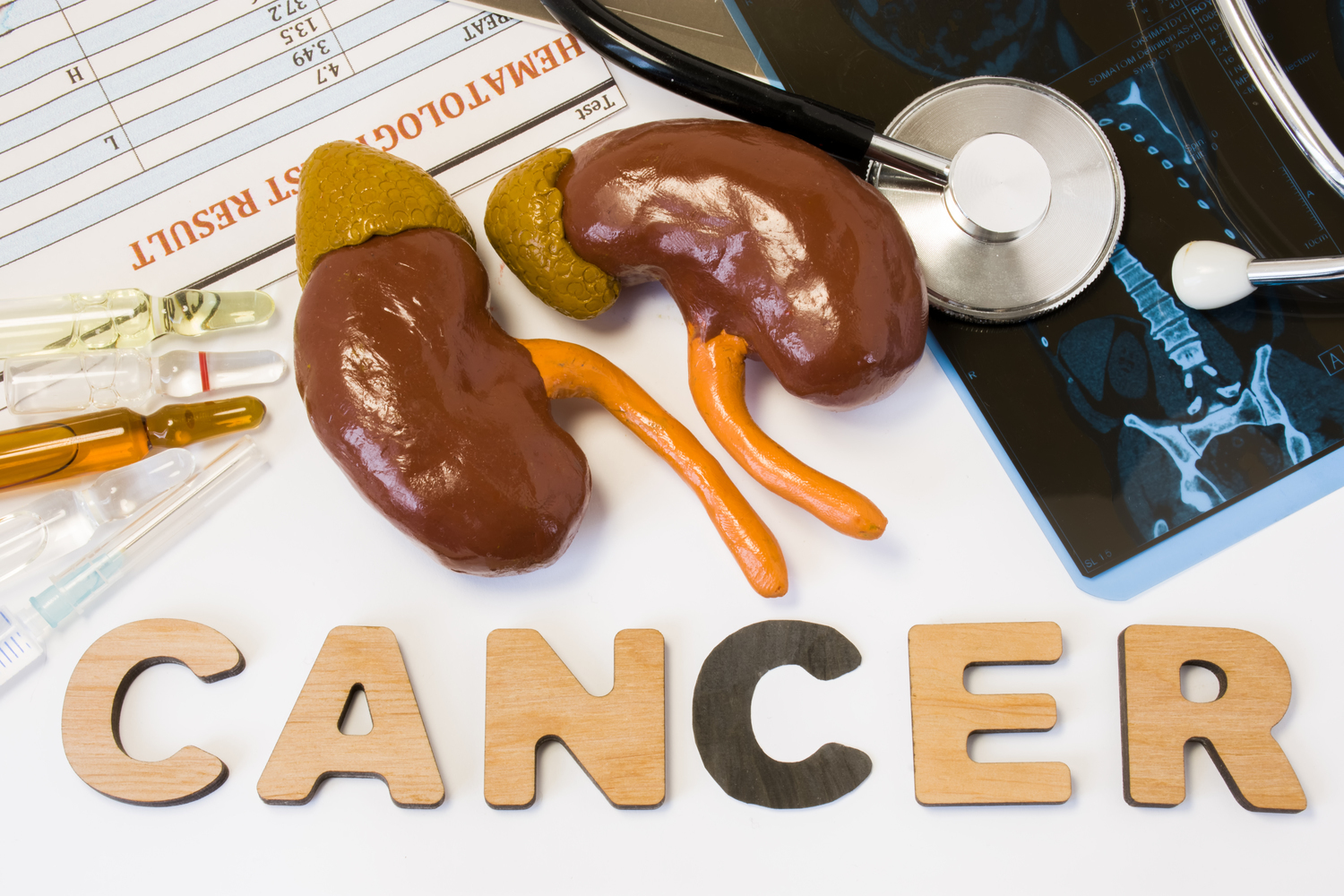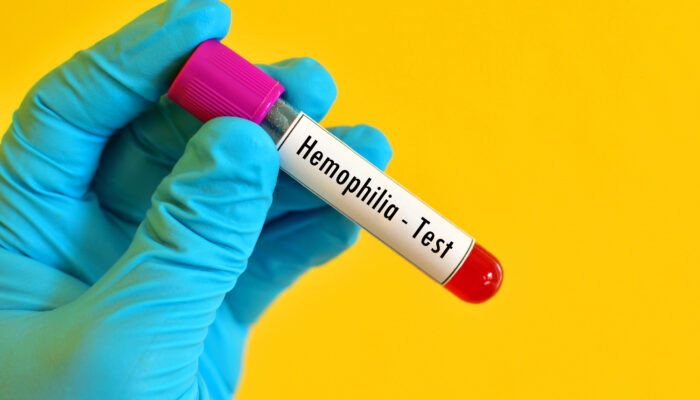
Common Kidney Cancer Treatments
Kidney cancer occurs when healthy cells in the kidney grow quickly and out of control to form a lump or tumor. It typically will begin in the tubules of the kidney and spread throughout. Most of the time kidney cancer does not spread beyond the kidney, though the tumor will typically grow large before it is found. Majority of people do not have direct symptoms of the cancer and this is true in the early stages as well.
Symptoms can include:
● Lump in the side of abdomen
● Blood in the urine
● Loss of appetite
● Pain in your side
● Anemia
● Swelling in the ankles or legs
With the following kidney cancer therapies it is possible to treat this disease:
1. Chemotherapy and radiation
Chemotherapy and radiation can be used as a course of treatment for kidney cancer. This type of treatment will destroy cancer cells and normal cells. It has side effects that can lead to permanent damage. Depending on your age and general health the treatment can be more difficult.
Common side effects include:
● Nausea, vomiting, and/or diarrhea
● Hair loss
● Dehydration
● Loss of appetite
● Dry mouth
● Mouth sores
● Skin rash
● Fatigue
2. Target therapy
This type of treatment is similar to chemotherapy. It is a medication that you take and it targets everything the cancer needs to grow and thrive. Cancer cells are mutated cells and targeted therapy medication is able to recognize and target the mutations. The medication then will have the cells block the cancer’s ability to grow or multiply, keep the cancerous cells from living as long, and will destroy the cancer cells. It is often used in combination with chemotherapy or other treatments. This is not always an effective treatment, some cancer cells do not have the target in the cell so the medication cannot find it. Some cells, even with the target, do not respond to the medication. For some patients, response to the treatment is temporary and the cells can begin to reproduce again.
3. Immunotherapy
This treatment works by activating or suppressing the immune system. Activation immunotherapy is designed to amplify the immune response. Suppression immunotherapy is designed to reduce the immune response. The biological therapy does have some side effects and will affect individuals differently depending on the dose or the medication used.
The most common side effects are:
● Rash and itchiness
● Soreness or swelling
● Pain
● Redness
● Flu-like symptoms
● Palpitations
● Organ inflammation
● Stomach upset
A doctor will closely monitor you to verify if the medication is working or if there need to be additional medication or dosage increase. The medication is given in cycles based on the severity of the cancer.



